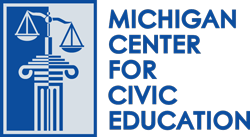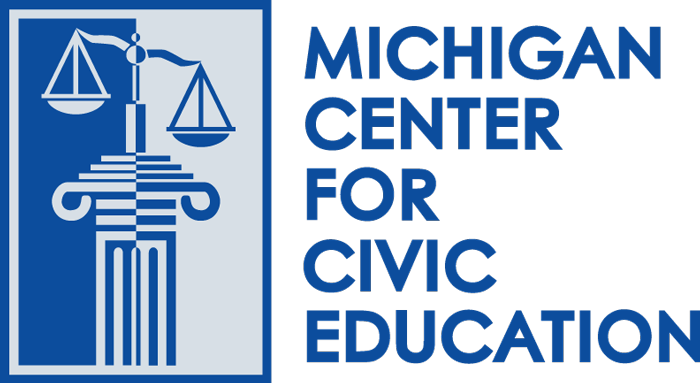This activity encourages students to deliberate on the issue of balancing privacy and security.
Civics Lessons
The Exchange: When Should Increased Security Measures Outweigh Your Privacy Rights in School?
The First Amendment
This activity creates an awareness of the five rights contained in the First Amendment to the U. S. Constitution. Students will learn about a poll of Americans and their knowledge of the First Amendment. The activity will allow students the opportunity to dissect the First Amendment and determine their opinions on which rights they value most and least.
Voter Identification and the Right to Vote
Students Research positions that divided the Supreme Court on voter identification case-Crawford vs. Marion County
Does the Constitution Protect Fair Play? Introducing Due Process
In this lesson, students develop a working understanding of due process by discussing relevant Constitutional clauses. They are presented with the Gideon v. Wainwright case and decide whether Clarence Gideon had the right to an attorney, relying on their previous discussion of due process. The lesson ends with a discussion of the importance of the right to due process in criminal proceedings, as well as a discussion of other situations in which the right to due process applies
The Preamble to the Constitution: How Do You Make a More Perfect Union?
These lessons help your students begin to understand why the Founders felt a need to establish a more perfect Union and how they proposed to accomplish such a weighty task.
Case of the Shipwrecked Sailors
Sudents review a case study which helps them distinguish between legal and ethical questions
The Redistricting Game
The Redistricting Game provides a basic introduction to the redistricting system, allows players to explore the ways in which abuses can undermine the system, and provides information about reform initiatives – including a playable version of the Tanner Reform bill to demonstrate the ways that the system might be made more consistent with tenets of good governance. Beyond playing the game, the web site provides a wealth of information about redistricting in every state as well as providing hands-on opportunities for civic engagement and political action.
Responsibility and the U.S. Constitution
In this lesson, students learn about responsibility and apply the concept to segments of the U.S. Constitution.
Tinker v. Des Moines (1969)
This case summary provides teachers with everything they need to teach about Tinker v. Des Moines (1969). It contains background information in the form of summaries and important vocabulary at three different reading levels, as well a review of relevant legal concepts, diagram of how the case moved through the court system, and summary of the decision. This resource also includes seven classroom-ready activities that teach about the case using interactive methods.
Constitution Day Lesson-1st Amendment
The goal of this activity is to introduce 7th grade students to the First Amendment of the U. S. Constitution.

